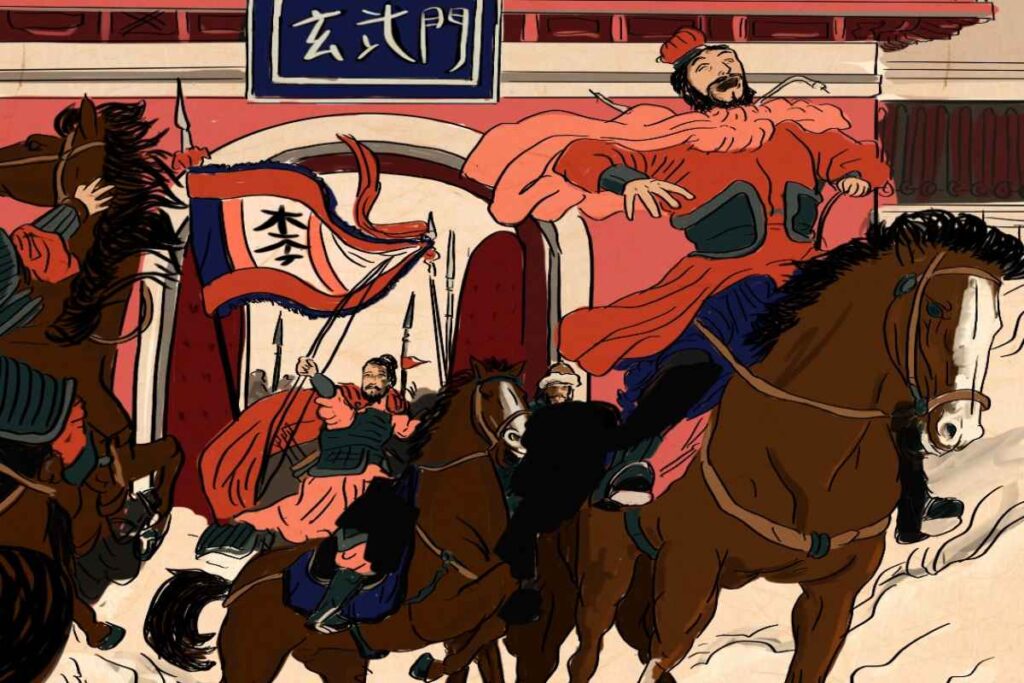Two high-profile murders altered the course of history in ancient China. It all began with a succession battle among the princes of the Tang Dynasty. Two bloody assassinations on the same day, and the emergence of a radical but unexpected king, Emperor Taizong.
By destiny, Taizong wouldn’t have sat on the revered throne. He was the second of the three high-profile sons of Emperor Gaozu. By tradition, he was just one step away from being the heir.
But sometimes, strategy is stronger than destiny. Through a combination of politics, courage, and brutality, Taizong ascended the throne. He went on to have a memorable reign and became one of the greatest rulers the empire had ever seen.
He led China into its golden age. An era that laid the foundation for the nation’s future greatness. But his path to greatness wasn’t easy. It was smeared with blood and littered with venomous arrows.
The Xuanwu Gate Incident in 626 CE would change everything for him. It was a moment of royal bloodshed—the day that Chinese imperial history was rewritten.
The Tang Dynasty’s Beginning and the Princes’ Rivalry
A new era emerged for China in 618 CE. It was the year the Tang dynasty upstaged the Sui dynasty through a rebellious coup.
The man behind it was Li Yuan, an army general sent to defeat rebel armies in the capital. Instead, he turned his men around and attacked the seat of power.
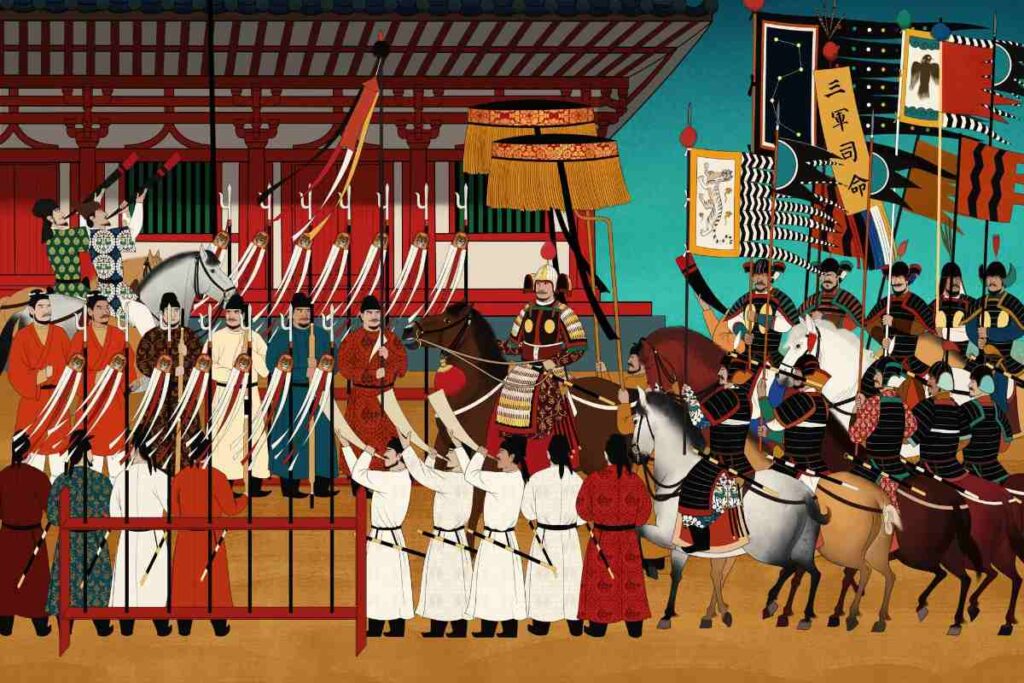
Li Yuan became the new emperor, Gaozu. He occupied the royal palace with a robust family, including many sons. But only three of them were prominent in the history books.
The first was Crown Prince Li Jiancheng, the second was a fearless warrior, Li Shimin, and the youngest was Li Yuanji. However, Li Shimin rose in popularity above his other brothers.
They sponsored negative rumors about him and tried to court some key ministers to their side.
Li Shimin, who was later known as Taizong, proved himself where it mattered the most: the battlefield. He led armies in crucial conquests that secured the empire.
He was only in his mid-twenties when he rose to become one of the empire’s most accomplished generals. As expected, he became the ideal candidate to succeed his father. But only in theory.
According to Chinese tradition, the firstborn son was the crown prince, regardless of the circumstances. No combat achievement was strong enough to alter the centuries-old law.
Tensions Inside the Palace
Ancient China’s succession laws sealed Jiacheng’s claim to the throne. Yet, he wasn’t satisfied. His younger brother’s popularity became a threat to his rights and ambition.
With every victory Li Shimin achieved, Jiacheng’s insecurity grew. A point came when he could no longer bear the pressure. He decided to act. To secure his right to the throne.
Li Jiacheng won the loyalty of the youngest brother, Li Yuanji. Together, they plotted to reduce Li Shimin’s influence, especially in the army.
They sponsored negative rumors about him and tried to court some key ministers to their side. Not long after, the royal house split into two factions. One group aligned with the Crown Prince and the other with the warrior prince.
Emperor Gaozu was caught in the middle. He desperately wanted to reconcile both sides. But the division was too much for him to handle. At one point, he considered removing Shimin from the army, just to make peace.
For Shimin, the situation was deeper than the fight for the throne. He had good reason to fear for his life. He had to act fast.
A Dangerous Decision: Choosing Blood Over Peace
Shimin knew that his brothers could commit fratricide for power. To worsen matters, reports reached him from his men about a secret plot by his brothers to take his life.
His spies told him that Jiancheng and Yuanji wanted to set an ambush for him. At this point, only two options were before him. Rely on the protection of his father or kill his enemies.
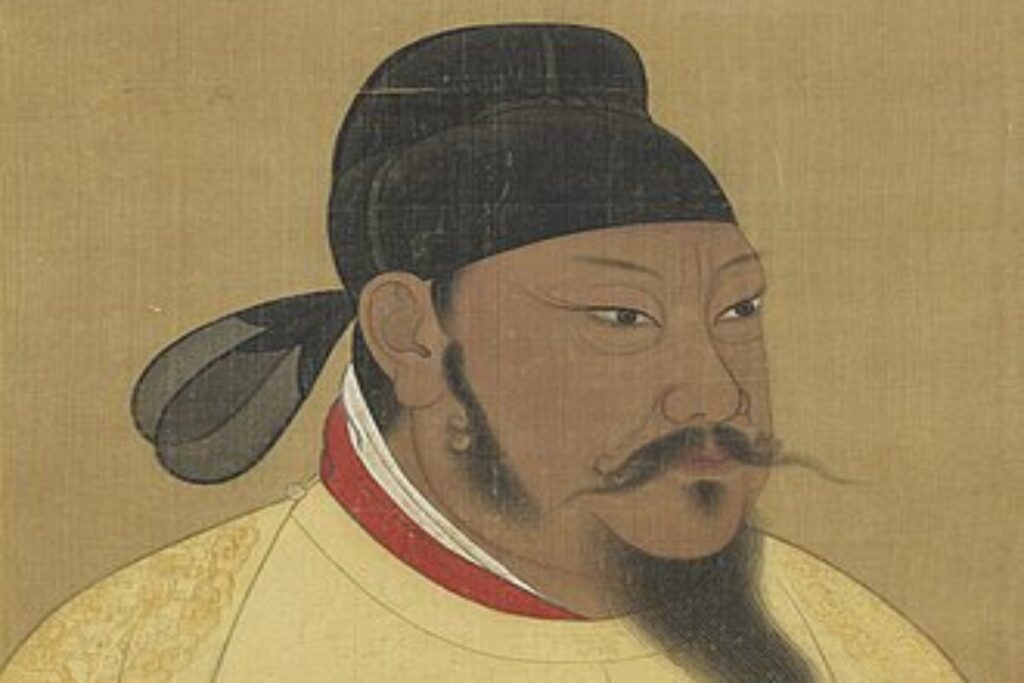
He chose the second option. It was the option that would best guarantee the security of his life. It was this decision that gave birth to the legendary Xuanwu Gate Incident of 626 CE.
Soon after the murder of his brothers, he took control of the empire’s capital. He invaded the palace and subdued the palace guards.
Xuanwu Gate was the northern entrance to the palace. Shimin decided that his brothers would be most vulnerable at this location. So he lured them there on July 2 of the same year. He sent word to them that their father needed their presence for a meeting.
Jiancheng and Yuanji rode into the palace on their horses. But they were running into an ambush of Shimin’s soldiers. Shimin personally aimed an arrow at Jiacheng and shot him to his death. His soldiers chased and killed the fleeing Yuanji. Now, he had a clear sight of the throne.
Seizing Control of the Throne
The death of the two princes shook the Tang dynasty. But Shimin wasn’t done yet. He was now interested in snatching power. Soon after the murder of his brothers, he took control of the empire’s capital. He invaded the palace and subdued the palace guards.
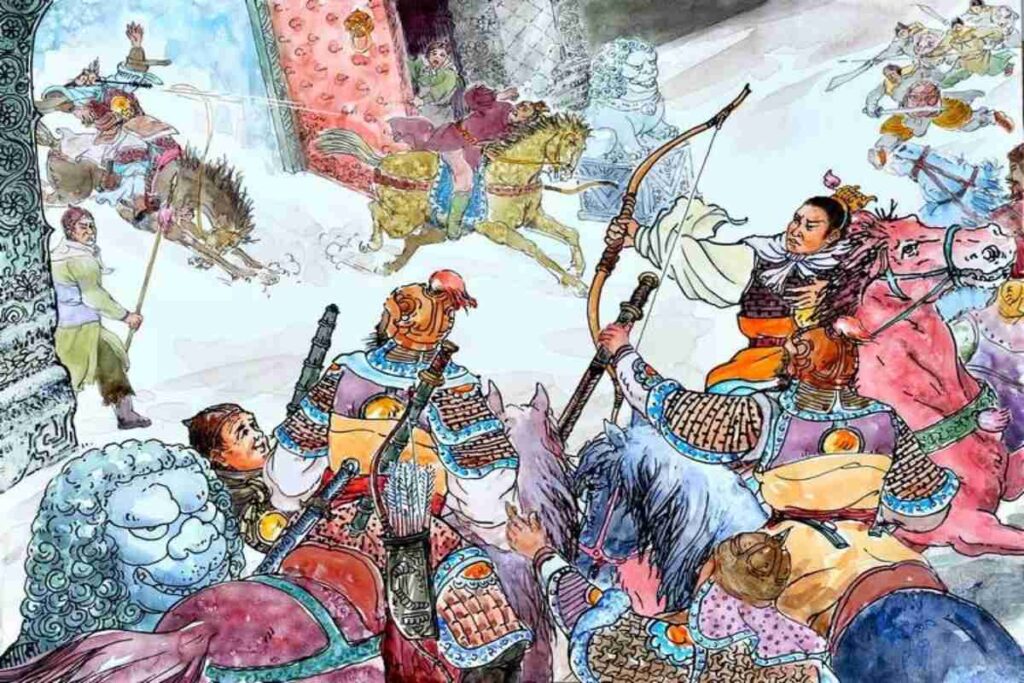
Thereafter, he told his father of the deaths of his brothers. He also disclosed his plan to take over the helm of affairs. His father was caught unawares and had no choice but to step down.
Emperor Gaozu announced Shimin as his crown prince and vacated his seat two months later. Prince Shimin became Emperor Taizong.
From Bloody Prince to Model Emperor
After assuming command over the empire, Taizong needed to rebrand. He regretted the messy path he took to the throne. He even admitted to his cabinet members how he soiled his hands on his way to leadership.
He wanted to erase the ruthless personality that murdered his brothers. To do that, Emperor Taizong first decided to make amends for their death. Hence, he organized a grand burial for both of them.
In addition, he resolved to introduce calculated and highly visionary leadership to the empire. Soon, a new Taizong emerged, one who would become one of the most celebrated leaders the land had ever seen.
To date, stories of his glorious reign continue to serve as an example of purposeful leadership. He has remained a source of inspiration to many generations of Chinese.
In life, fate can be altered and redirected in various ways. We can only hope that whatever path it follows will lead to the outcome the Taizong leadership produced.
Taizong was credited with introducing daring reforms such as strengthening the law of the land and curbing corruption. He eliminated favoritism in appointments, going only for qualified persons.
His reign from 626 to 649 CE was a period of increased military strength and border expansion. The people also prospered economically.
One underrated aspect of the Taizong legacy was his humble spirit. Emperor Taizong allowed his cabinet members the freedom to offer advice, much of which he implemented. He also permitted criticism and opposing opinions.
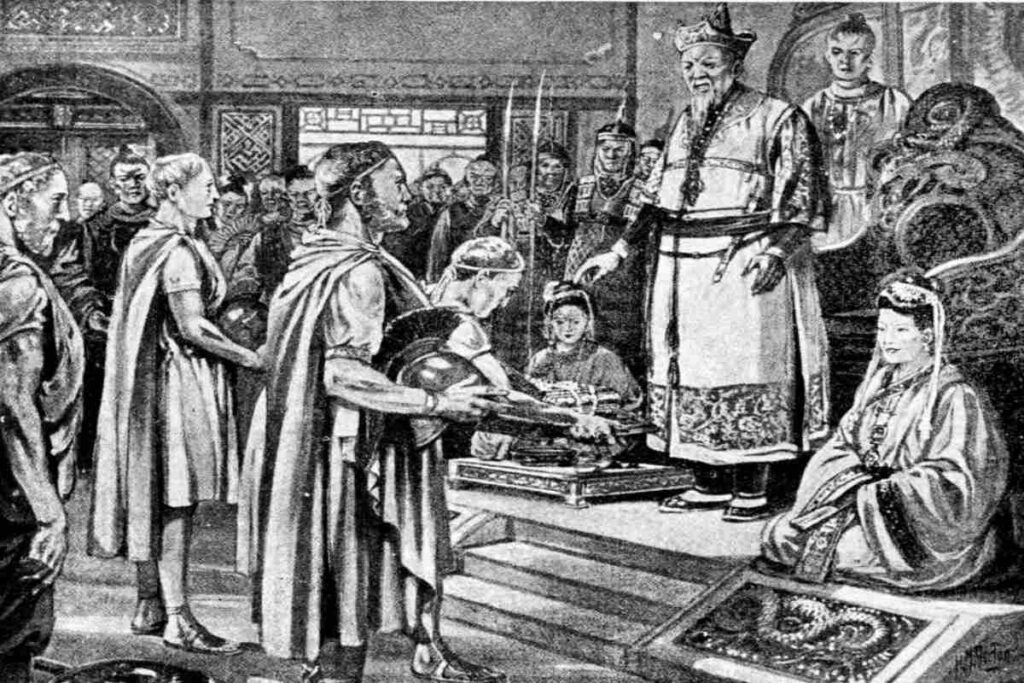
The dynastic rise was hailed as a massive blessing to the empire during Emperor Taizong’s reign. So much so that historians tagged his era the “Reign of Zhenguan.” This refers to the peace and prosperity the land enjoyed.
A Throne Won With Arrows
The story of Emperor Taizong’s walk to the throne is more than a piece of history. It is an example of the power struggle that is still prevalent in our modern world.
In the power game, one may have to be decisive and brutal to save one’s head. It could easily have been Taizong in the grave instead of his brothers.
Jiacheng’s leadership could have rewritten the history of the empire. Historians debate whether Jiancheng’s rule would have stabilized the dynasty as effectively as Taizong’s.
In life, fate can be altered and redirected in various ways. We can only hope that whatever path it follows will lead to the outcome the Taizong leadership produced.
Most importantly, we can make amends for our negative past. Nature always allows us to turn things around as much as we can. That’s precisely what Emperor Taizong achieved.
What began as a bloody venture soon turned into a peaceful and prosperous reign.
But was there a way Taizong could have avoided killing his brothers while securing the throne? Let’s hear what you think.


